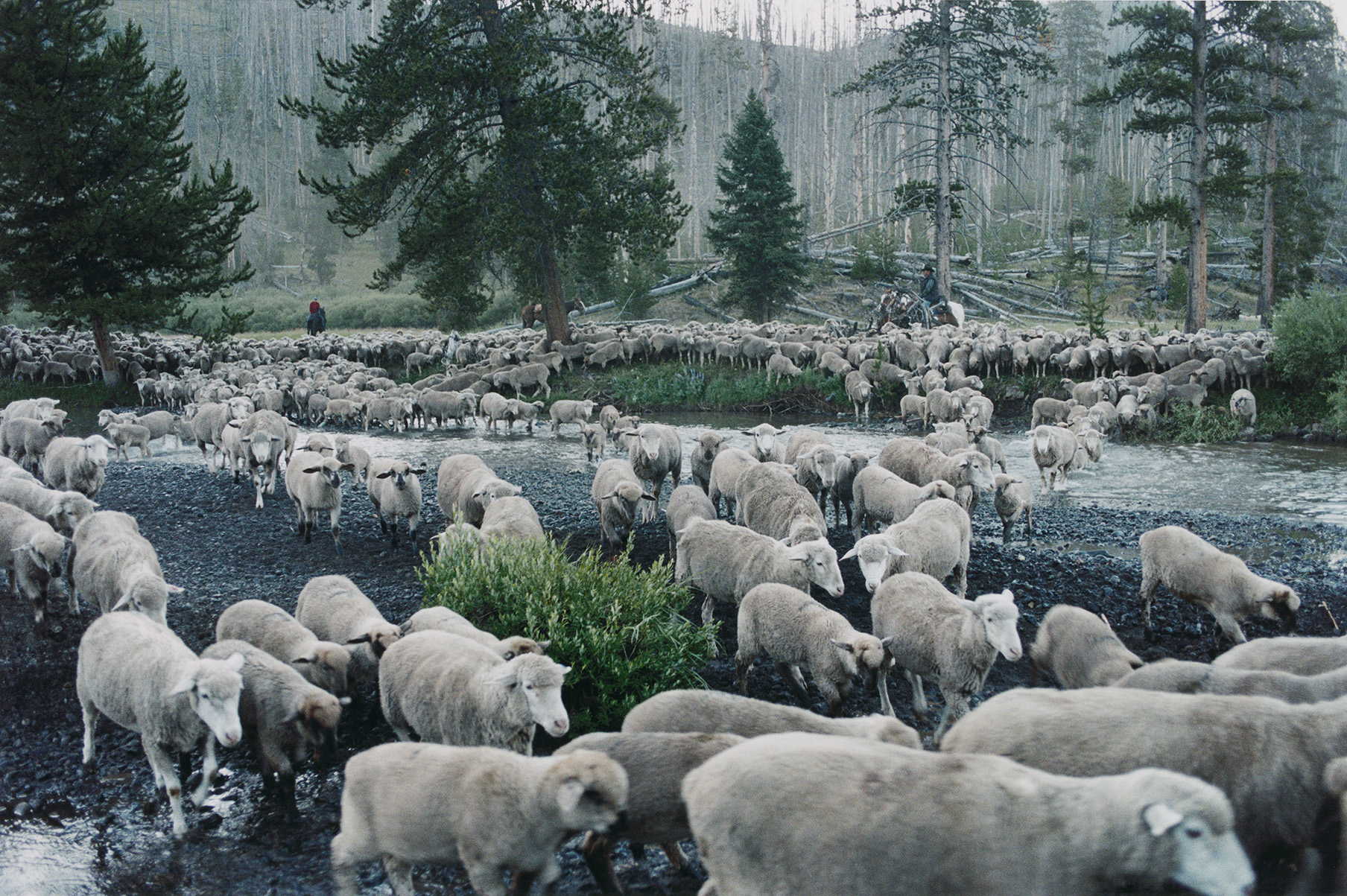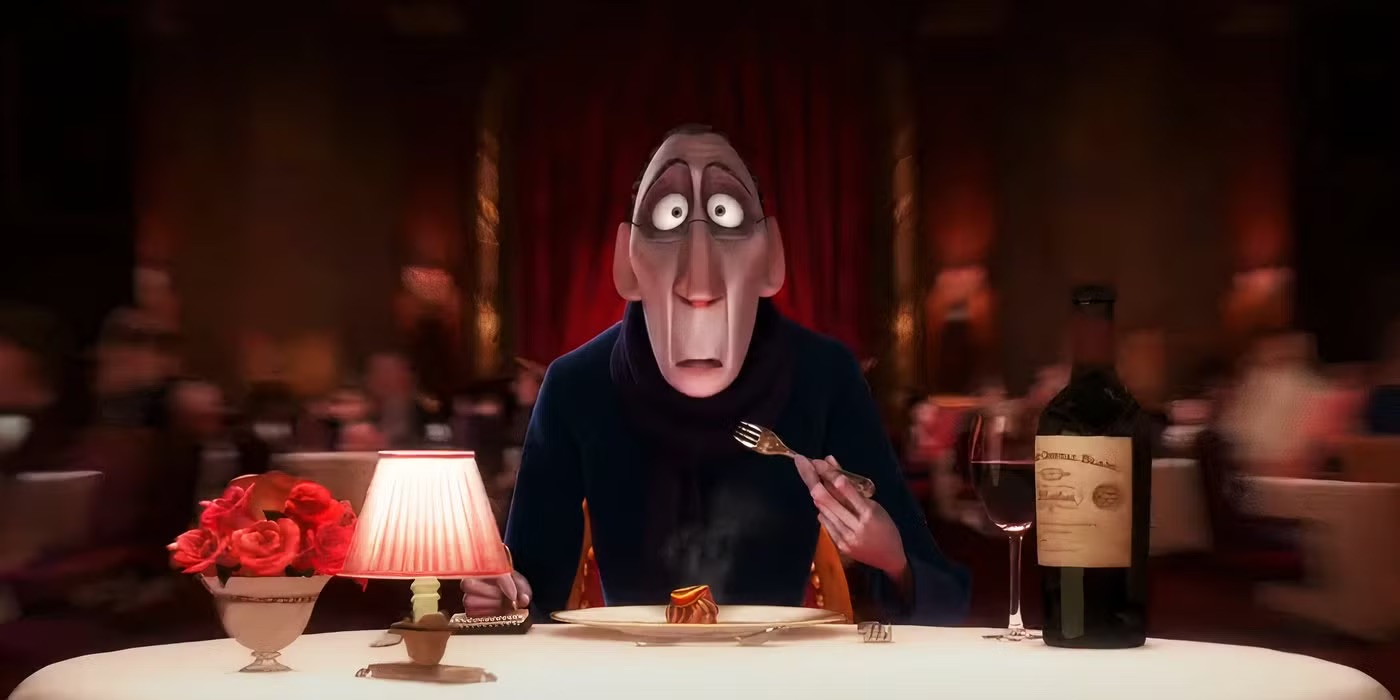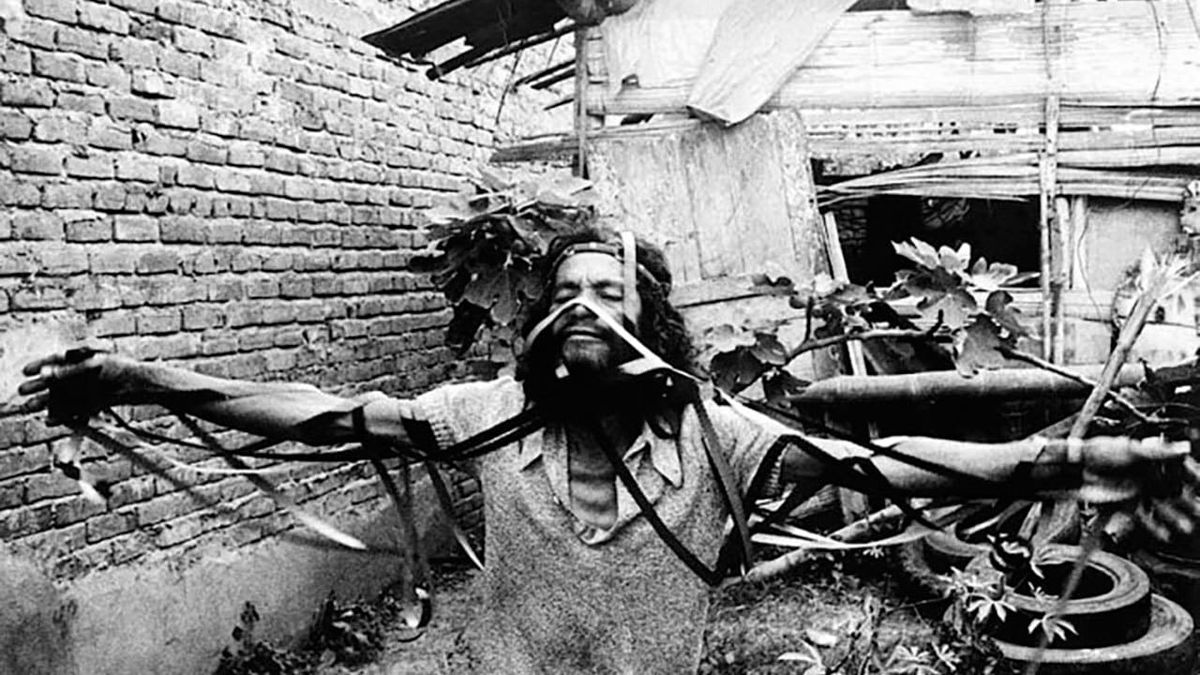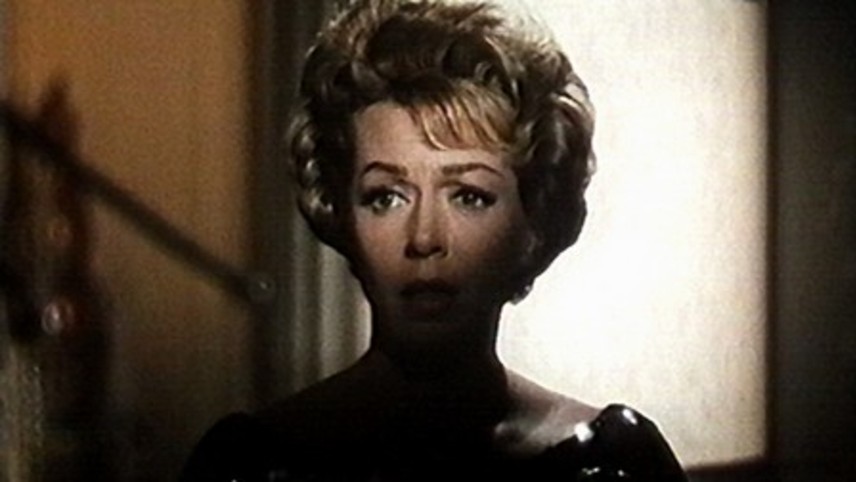- Instructor: Pearl Hagen
- Instructor: Katie Model
- Instructor: Mia Mask
- Instructor: Mia Mask
- Instructor: Pearl Hagen
- Instructor: Katie Model
COURSE DESCRIPTION
Film 324 Cinema Modes builds on the foundations introduced in FILM 240 or 241 and prepares students for advanced work in production. We approach narrative, documentary, and experimental modes not as fixed categories, but as frameworks to explore intention, authorship, and the relationship between form and meaning.
In the narrative unit, we’ll study directing strategies ranging from classical continuity to more stylized and subjective approaches. In documentary, we will approach the genre as an expansive form, without feeling bound to a single definition of what a documentary is. We’ll focus on how to develop an idea with integrity whether it emerges from access, personal inquiry, or research. The experimental unit will invite you to think beyond traditional storytelling and consider the camera, sound, time, and texture as expressive elements. All units will incorporate how to shoot with editing, structure, and point of view in mind.
Across all three modes, we’ll develop more advanced skills in cinematography, lighting, sound, editing, and post-production. You’ll produce a short film in each mode, leading up to a final project in the mode of your choosing.
This is a collaborative class. While the first three projects will be directed individually, the final work may be made solo or in partnership with another student. Regardless, you’ll support each other’s films by serving as crew and creative collaborators.
You should plan to shoot regularly outside of class. Several sessions will include in-studio or on-location demonstrations; attendance and participation in all hands-on activities are required.
This course is designed to help you sharpen your craft, expand your cinematic vocabulary, and hone your skills as a director.
Film 324 Cinema Modes builds on the foundations introduced in FILM 240 or 241 and prepares students for advanced work in production. We approach narrative, documentary, and experimental modes not as fixed categories, but as frameworks to explore intention, authorship, and the relationship between form and meaning.
In the narrative unit, we’ll study directing strategies ranging from classical continuity to more stylized and subjective approaches. In documentary, we will approach the genre as an expansive form, without feeling bound to a single definition of what a documentary is. We’ll focus on how to develop an idea with integrity whether it emerges from access, personal inquiry, or research. The experimental unit will invite you to think beyond traditional storytelling and consider the camera, sound, time, and texture as expressive elements. All units will incorporate how to shoot with editing, structure, and point of view in mind.
Across all three modes, we’ll develop more advanced skills in cinematography, lighting, sound, editing, and post-production. You’ll produce a short film in each mode, leading up to a final project in the mode of your choosing.
This is a collaborative class. While the first three projects will be directed individually, the final work may be made solo or in partnership with another student. Regardless, you’ll support each other’s films by serving as crew and creative collaborators.
You should plan to shoot regularly outside of class. Several sessions will include in-studio or on-location demonstrations; attendance and participation in all hands-on activities are required.
This course is designed to help you sharpen your craft, expand your cinematic vocabulary, and hone your skills as a director.
- Instructor: Yance Ford

- Instructor: Carl Elsaesser
- Instructor: Shane Slattery-Quintanilla


